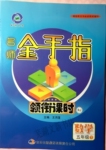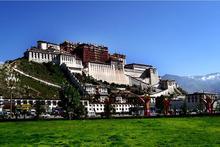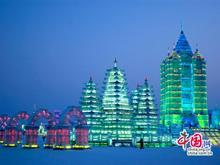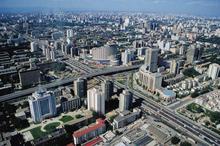题目内容
Zhang Jin was so lucky to have a free trip to Thailand. But he didn‘t 35 to have a dangerous experience. The next day, when Zhang Jin arrived in Bangkok (曼谷), he was shocked to find himself in a city 36 with street battles (战斗) between two groups. One group was supporting the Thai government while the other was 37 it and had street battles with the 38 . Two people were killed and hundreds injured. Because of it, 240,000 foreign tourists, including over 3,000 Chinese people like Zhang, failed to leave and had to 39 in the country.
"We were 40 on the streets. But we felt at home with other Chinese from HongKong or Taiwan," said Zhang. 41 , the Chinese government sent flights to bring the people back. Now, all the Chinese tourists are safely back home. "The moment the plane left Thailand, we cheered for joy," said Zhang.
Last week the street battles finished. 42, the country‘s tourism industry(旅游业)needs 43 to return to normal. Tourism is the 44 part of the country‘s economy (经济), Thailand is called "Land of Smiles" and has some of Asia‘s best beaches. It has made ¥17 billion from 15.5 million tourists this year.
| 小题1: |
|
| 小题2: |
|
| 小题3: |
|
| 小题4: |
|
| 小题5: |
|
| 小题6: |
|
| 小题7: |
|
| 小题8: |
|
| 小题9: |
|
| 小题10: |
|
小题1:C
小题2:A
小题3:D
小题4:A
小题5:B
小题6:D
小题7:B
小题8:B
小题9:A
小题10:C
小题1:此题考察动词,根据语境可知他不希望有危险经历,故选C。
小题2:此题考查动词短语fill with,因表示被动意义故用过去分词形式。
小题3:此题考查介词,根据上下文可知,两股势力,一股支持政府,另一反对。故选D。
小题4:此题考查名词,根据四个选项可知只能选择A,表示和政府军作对。
小题5:此题考查动词,根据上下文可知,由于内战许多外国游人給滞留在泰国,故选B。
小题6:此题考查形容词,根据四个选项可知只能选择D,表示紧张。
小题7:此题考查副词,根据语境可知中国政府派专机把中国游人接回来,应该是幸运的事,故选B。
小题8:此题考查连词,根据上下文的意思可知,前后表示转折,又因有“’”故用however。
小题9:此题考查名词,根据语境可知,内战结束,但旅游想恢复正常还需要时间。
小题10:此题考查形容词,根据常识可知泰国的旅游业是他的最大经济来源,故选biggest。

练习册系列答案
 名师金手指领衔课时系列答案
名师金手指领衔课时系列答案
相关题目





